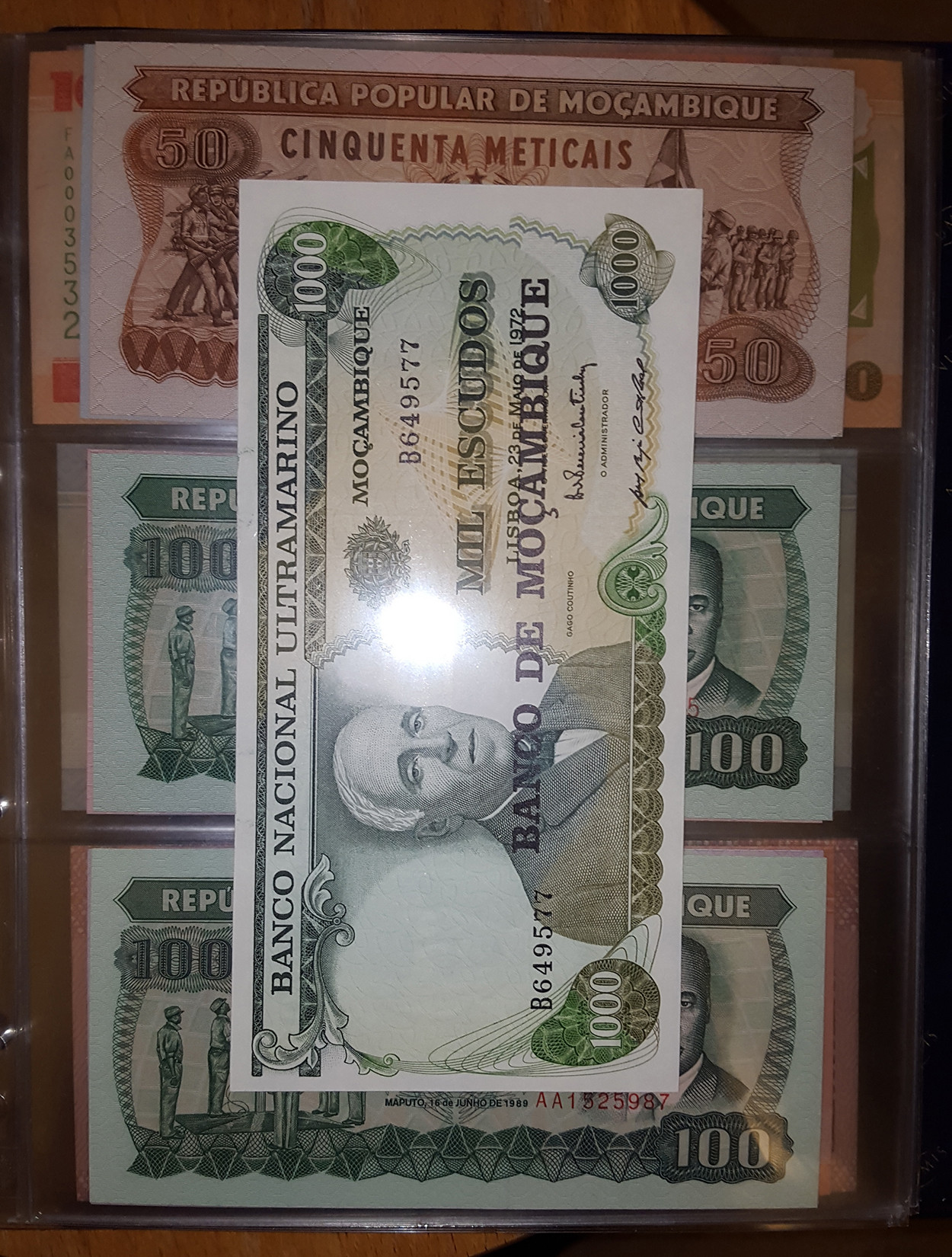If you want to preserve your money for a long time, it’s important to know how to store paper money. There are a number of different ways to store paper money, including avoiding direct sunlight and using archival-grade materials. If you’d like to avoid sunlight and protect your money from damage, you can also store it in a banknote safe or bury it in the ground. However, you’ll want to follow the tips below to help you preserve your paper money.
Avoiding sunlight
Exposure to light and heat are the worst elements for paper currency. Not only can they fade the image, they can damage the ink and paper as well. Light can also cause the images on the currency to yellow or fade. The best way to avoid direct sunlight is to store it in a safe, dry environment. Halogen lights are best for close examination, and UV rays are known to damage paper currency.
When storing paper money, store them in a cool, dry environment, with a low humidity. 45 to 55 percent is ideal. Avoid placing banknotes in direct sunlight. It is best to store them in an airtight, temperature-controlled safe or vault. However, if you live in a humid region, don’t store them in the attic. Keep in mind that too much heat can affect the quality of the material. The temperature should not exceed 75 degrees Fahrenheit, which is the optimal range.
Using archival-grade materials
Using archival-grade materials to preserve paper money is a great way to protect your treasured paper bills for generations to come. Gaylord Archival makes products that conform to the highest national standards for archival protection. These include the National Information Standards Institute and the American National Standards Institute. Other national institutions have also established industry-wide standards. Gaylord can provide you with the specifications of their products.
One important tip is to store your currency in a cool, dry environment that is free of moisture and heat. Ideally, the humidity level should be between 45 and 55%. It is not advisable to store your paper money in a basement or attic, as these environments are humid and can affect the quality of the material. For long-term preservation, mylar-polyester storage holders are recommended.
Storing banknotes in a safe
Fortunately, there are a few ways to preserve your paper money. One is to store it in an archival-grade storage container. These are made of materials that can protect paper currency from humidity, dust, and moisture. They should also be stored away from direct sunlight and any chemicals that could damage them. Ideally, you should store your paper money in an airtight storage container to avoid damage from the elements.
Keeping your banknotes in a safe requires a relatively cool environment with a low humidity level. The recommended humidity level is 45 to 55%. It’s also important to keep banknotes out of direct sunlight. Basements and attics are not ideal places to store money as they can be too hot and may deteriorate the quality of the material. In a perfect world, the temperature in the storage area should not exceed 75 degrees Fahrenheit.
Burying money in the ground
If you’ve ever wished you could hide your paper money for the long term but didn’t know how, you can try burying it in the ground. It’s a great way to preserve a large amount of cash in a safe, dry place, but you’ll need to take care of it to keep it safe. Despite being biodegradable, paper bills are highly susceptible to moisture and other environmental factors. Even if they are stored in a dry, dark place, they’ll be decomposed in time or activity.
Before you bury your cash, you should make a map and record the GPS coordinates of the location where you buried your cash. You’ll also want to take pictures of the area surrounding the site. Pay special attention to immovable landmarks and take an overhead picture of the spot. Using a photo of yourself above the ground will also be useful. It’s important to keep the location as private as possible – otherwise, no one will know where you buried the cash.

